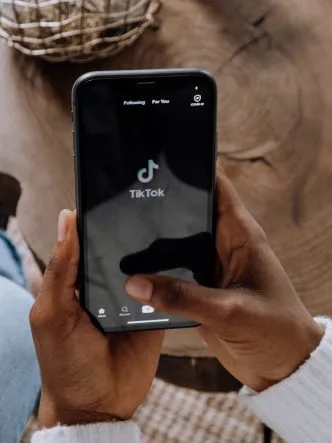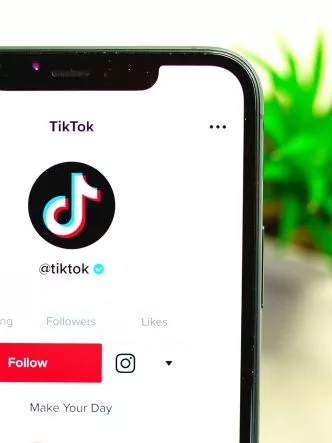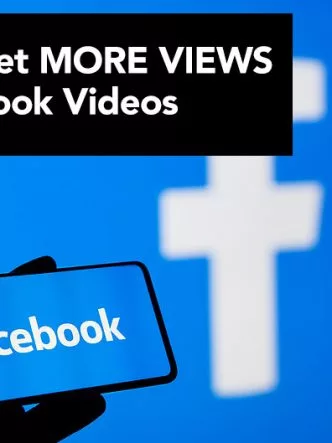Users are leaving the popular Facebook-owned messaging platform WhatsApp in droves.
They are signing up for alternative services in a world once dominated by the chat application Facebook bought for the astronomical sum of $19 billion – more than the GDP of the average small island nation like Malta or Jamaica.
The reason? WhatsApp’s new privacy policy
Today’s tech climate is increasingly defined by data privacy regulations like Europe’s GDPR and California’s CCPA. These rules are changing the way organizations collect and monetize user data far beyond their respective territories.
Yet Facebook and WhatsApp appear to be going in the opposite direction. The company’s new privacy policy will go into effect on February 8th, 2020, changing the way its users and advertisers interact.

01. What exactly is WhatsApp’s new policy?
WhatsApp’s new privacy policy will automatically share WhatsApp user data with parent company Facebook. Examples of the kind of data Facebook will have visibility into include:
- Phone numbers
- Contacts lists
- Pictures
- Message content (in some cases)
But the policy goes further. It offers users two stark options: Either agree to share this information with Facebook, or delete your account.
Much of the controversy surrounding WhatsApp’s privacy policy targets the fact that users cannot simply choose to not share their data while still using the service. Facebook’s message is clear: If you don’t opt-in to its tracking and advertising monetization program, you’re out.

02. Can Facebook read my WhatsApp messages?
WhatsApp has published a FAQ that explains what messages Facebook can and cannot see. One thing it states very clearly is that private messages between friends and family members are not affected.
However, if you use WhatsApp to communicate with businesses, that data will be shared with Facebook. Many businesses host their entire messaging ecosystem on Facebook-secured servers.
For example, if you use Facebook’s Shops commerce feature to reach out to a business on WhatsApp, your message can be used to influence advertisements you’ll see on Facebook and Instagram. If that particular business wants to reach out to you through those platforms, it now can.
However, there is a catch.
If you use WhatsApp’s backup option to save your chat history to the cloud, it is no longer protected by that encryption. There is no evidence that Facebook (or anyone else) mines this data in the cloud, but it also isn’t protected to the degree that Facebook claims it is.

03. Can Facebook track my shared location on WhatsApp?
No. Facebook has flat-out denied that it or WhatsApp can see users’ shared locations. When users share locations with one another, that data is protected by end-to-end encryption, ensuring that only the sender and receiver have access to it.
Users who keep cloud backups of their chat history may also expose themselves to the risk of having their location shared outside of end-to-end encryption. If you’re worried about location tracking, you should disable chat history backups.

04. Does WhatsApp share my contacts with Facebook?
Not exactly. While Facebook does access the phone numbers in your WhatsApp contacts list, it does not share them or use them for advertising. Facebook claims it uses this data to make messaging fast and reliable – presumably by allowing users to sync contacts.
This is nothing new. Many users choose to sync their contacts between Facebook and WhatsApp. Many others do not. Facebook suggests that users will still have this choice, but it’s unclear.

05. Can Facebook hear/record my WhatsApp calls or logs?
Neither Facebook nor WhatsApp can hear or record your communications with friends and family members. All of your WhatsApp logs reside on your mobile phone. If you choose to disable chat history backups, they will remain there exclusively.
Your calls and audio messages sent to businesses may be shared with Facebook. The company already made headlines in 2019 for collecting audio messages sent to businesses on Messenger and sending that data to third parties for transcription.
Again, if you use WhatsApp’s cloud backup service for your chat history, you are implicitly sharing this information with them anyways.

06. Will WhatsApp show ads?
Probably. WhatsApp claims that it has “no intention” of introducing advertisements to WhatsApp chats. But the platform’s specific wording does not prevent it from incorporating banners outside the actual chat window. Users may very well see ads served in their contacts list, for instance.
WhatsApp’s official communications do not explicitly mention its plan for advertising on the platform. However, the latest Android and iOS updates for the app all include features that would help enable in-app advertisements.
But even here, WhatsApp is trying not to call attention to the possibility of advertising on its platform. The documentation refers to the banner-ad code being implemented in those updates as something that “helps WhatsApp announce specific information”.

07. Should you still use WhatsApp?
The short answer, for most people, is yes. It’s unlikely that your user experience will drastically change as a result of WhatsApp’s new privacy rules. Many of the platform’s planned changes are not nearly as threatening as the headlines make them out to be.
This is especially true if you already use Facebook Messenger, Google, Instagram, SnapChat, or TikTok. All of these platforms collect much more data than WhatsApp does.
However, opening up business communications will make WhatsApp more prone to malware and other vulnerabilities. There are things you can do to secure WhatsApp in preparation for these changes:
-
- Disable image autosave: WhatsApp likes to autosave images directly to your phone’s gallery. Image files can contain embedded malware, and you don’t want to give these images automatic access to your hardware.
- Add a PIN number to your app: Hackers have automated a malicious version of the WhatsApp SMS invite code and started sending them to users. Adding a PIN number to your account keeps these bots from tricking you into giving up your account.
- Disable Cloud Backups: If you want WhatsApp’s end-to-end encryption to mean something, you’ll have to give up automatic cloud backups. Beware, though. Losing your phone will mean losing your chat history.
If you’re still worried about WhatsApp privacy, it might help to understand the big picture that Facebook has in mind. These changes are intended to turn Facebook’s Messenger, Instagram, and WhatsApp messaging platforms into a single interoperable solution.
Achieving this is far more complex than it sounds.
Neither Messenger nor Instagram features end-to-end encryption, and each one has separate data privacy rules for users and businesses. There will be growing pains (and mistakes) during this time. Take action now to make sure you don’t suffer as a result.









